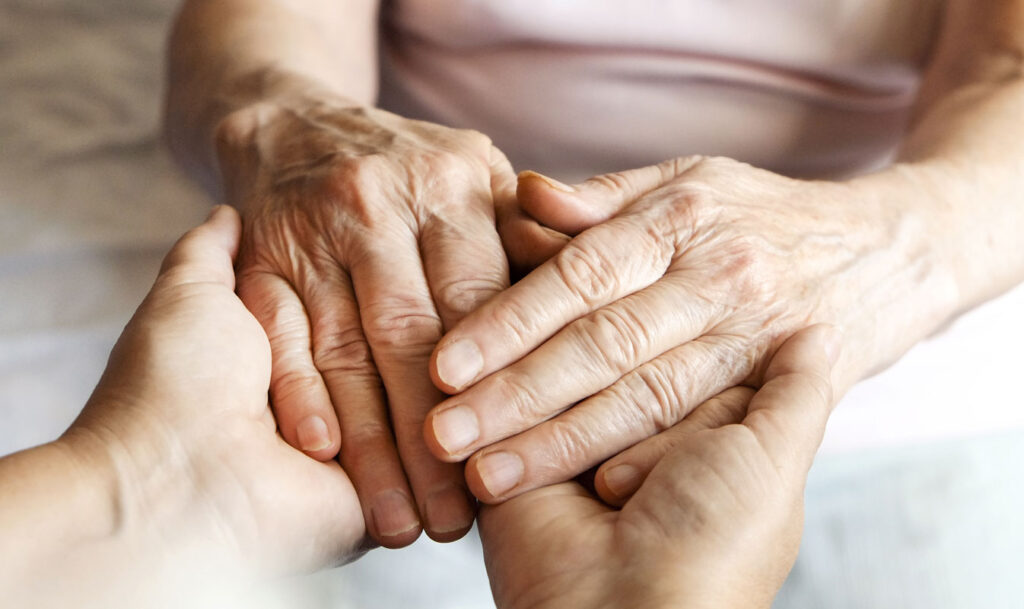
As loved ones age, the decision to move them into an elderly care home can be one of the most difficult choices a family must make. While it’s never easy to accept that an elderly parent, grandparent, or relative may need professional care, elderly care homes offer many benefits that can significantly improve their quality of life. Understanding how to choose the right care home and what to expect can help families feel more confident in their decision.
What Is an Elderly Care Home?
An elderly care home, also known as a nursing home or residential care facility, is a specialized environment designed to provide 24/7 care and support for seniors. These facilities are staffed by trained caregivers and healthcare professionals who assist residents with daily activities, personal care, medical needs, and social engagement. Care homes also provide a sense of community where seniors can form meaningful relationships with others in similar stages of life.
Key Benefits of an Elderly Care Home
- Round-the-Clock Supervision and Safety: Elderly care homes provide 24/7 supervision, ensuring that residents are safe at all times. This is especially important for individuals with mobility issues, chronic illnesses, or cognitive impairments like dementia. With caregivers always present, families can have peace of mind knowing that their loved ones are being looked after.
- Comprehensive Medical Support: Many elderly care homes offer on-site medical services, including regular health check-ups, medication management, and coordination with external healthcare providers. For residents with chronic conditions, such as heart disease or diabetes, having medical professionals on hand ensures that any health issues are quickly addressed.
- Personalized Care Plans: Every resident in an elderly care home has unique needs. Care homes develop personalized care plans that cater to individual preferences, health conditions, and daily routines. These plans are reviewed and updated regularly to ensure that the care provided is always in line with the resident’s evolving needs.
- Social Interaction and Activities: Isolation is a common issue among the elderly, particularly for those who live alone. Elderly care homes foster a vibrant social environment where residents can engage in activities, games, and hobbies. Many care homes organize events, group outings, and celebrations to keep residents mentally and socially stimulated.
- Nutritious Meals and Dietary Support: Elderly care homes prioritize nutrition by offering well-balanced meals tailored to residents’ dietary needs. Whether a resident requires a low-sodium diet or has specific food allergies, care homes provide nutritious meals to ensure overall health and well-being.
- Emotional and Psychological Support: Beyond physical care, elderly care homes also focus on emotional and psychological well-being. Caregivers offer companionship, emotional support, and reassurance to residents who may be dealing with the challenges of aging, such as the loss of a spouse or declining health.
Factors to Consider When Choosing an Elderly Care Home
Choosing the right care home is a decision that should be made carefully and thoughtfully. Here are some key factors families should consider:
- Location: The care home’s location is important for maintaining family connections. Choose a facility that is close enough for regular visits to help your loved one feel connected to their family and friends.
- Quality of Care: Research the care home’s reputation, staff qualifications, and care standards. Ask about staff-to-resident ratios, caregiver training, and how the home handles emergencies or health issues.
- Facilities and Amenities: Consider the physical environment of the care home. Are the rooms comfortable and clean? Are there outdoor spaces for recreation? Do they have a range of social activities and programs?
- Specialized Services: If your loved one has specific needs, such as memory care for dementia or physical therapy for mobility issues, make sure the care home offers specialized services to meet those requirements.
- Cost and Financial Considerations: Elderly care homes can be expensive, so it’s important to understand the costs involved. Ask about pricing, payment options, and whether the facility accepts insurance or government assistance.
Conclusion
Choosing an elderly care home is a significant decision, but it can be a positive step toward ensuring the comfort, safety, and well-being of your loved one. By understanding the benefits of elderly care homes and carefully evaluating options, families can find a facility where their loved one can live with dignity, surrounded by compassionate care and support.


